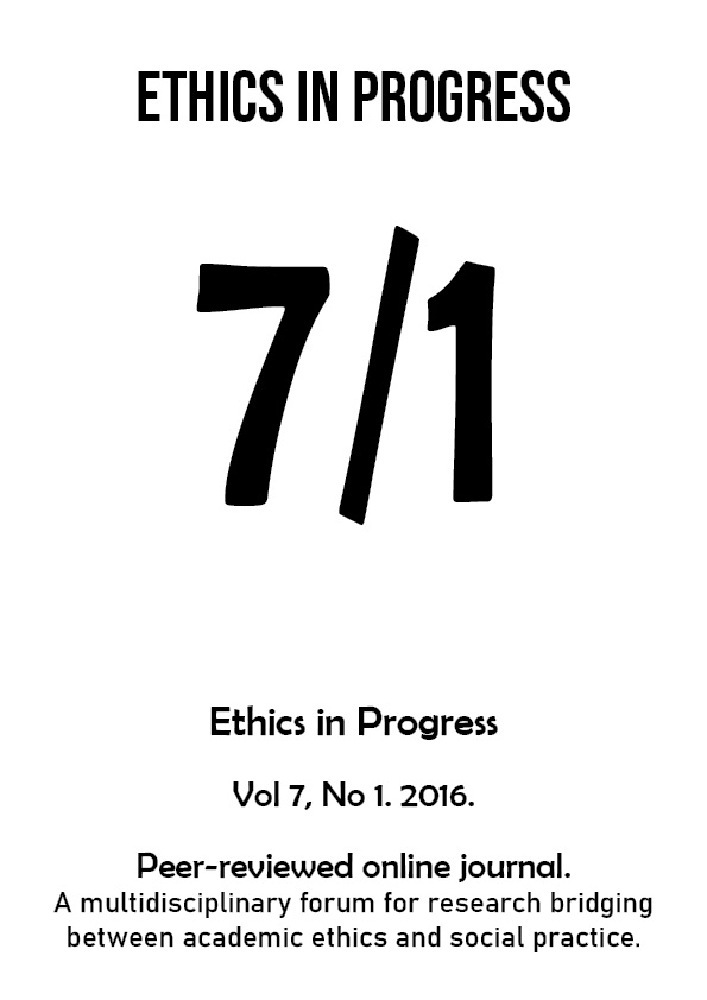Abstract
The Chinese version of Rest’s Defining Issues Test II was administered to 113 subjects in Mainland China (n=113, average age=34.7). The scores on development of moral judgment were compared with those of the online mega sample of American participants from 2011 to 2014. Results are as followings: 1. Chinese participants show the same pattern with Americans by both sex and education. 2. Chinese participants show different pattern from Americans by religious orthodoxy and humanitarian. 3. Chinese participants score higher in meaningless items than Americans. 4. Chinese participants score higher in stage 3 while Americans score higher in stage 4. The authors draw the conclusions as follows: with Chinese participants, 1. There is a significant relationship between education and moral judgment developmental index scores. 2. There is also a significant relationship between sex and moral judgment developmental index scores. 3. There shows no significant relationship between religious orthodoxy and moral judgment developmental index scores. 4. It is more difficult for them to tell the meaningless items in DIT2. 5. Since Chinese culture thinks less of laws and norms, Chinese participants favour personal interest schema more than maintaining norms schema.References
Bebeau, M. J. & S. J. Thoma. 2003. Guide for DIT-2: A Guide for Using the Defining Issues Test, Version 2 (DIT-2) and the Scoring Service of the Center for the Study of Ethical Development. Tuscaloosa, AL: Center for the Study of Ethical Development.
Colby, A. & L. Kohlberg. 1987. The Measurement of Moral Judgment: Vol. 1. Theoretical Foundations and Research Validation. Cambridge, UK: Cambridge University Press.
Davison, M. L., D. Robbins, & D. Swanson. 1978. “Stage Structure in Objective Moral Judgments.” Developmental Psychology, Vol. 14: 137–146.
Dien, D. S. 1982. “A Chinese Perspective on Kohlberg’s Theory of Moral Development.” Developmental Review, Vol.2: 331–341.
Chieh-Yu, Lin. 2009. “An Empirical Investigation of the Moral Judgment Development of Taiwanese Procurement Executives.” Social Behavior and Personality, Vol. 37(1): 102–108.
Haigen Gu, & Li Boshu. 1997. “Constructing the Chinese Moral Judgment Competence Rating Scale for 12-17-year-old School Children.” Psychology Science, Vol. 20: 197–201.
Hing-Keung, Ma. 1988. “Objective Moral Judgment in Hong Kong, Mainland China, and England.” Journal of Cross-Cultural Psychology, Vol. 19(1): 78–95.
Hing Keung, Ma & Ch. Chau-Kiu. 1996. “A Cross-Cultural Study of Moral Stage Structure in Hong Kong Chinese, English, and Americans.” Journal of Cross-Cultural Psychology, Vol. 27: 700–713.
Hing-Keung, Ma & Ch. Wing-Shing. 1987. “The Moral Judgments of Chinese Students.” The Journal of Social Psychology, Vol. 127(5): 491–497.
Irene Hau-Siu, Chou & D. Z. Q. Ding. 2002. “Moral Judgment and Conflict Handling Styles Among Chinese in Hong Kong and PRC.” Journal of Management Development, Vol. 21(9): 666–679.
Li Yao. 2004. “Reflection and Reconstruction of Individual’s Moral Cognitive Development – Studies of Neo-Kohlbergian Theory” (Master’s thesis). URL: http://epub.cnki.net/kns/brief/default_result.aspx. Retrieved on: 15.06.2016.
Martin R. M., M. Shafto, & W. VanDeinse. 1977. “The Reliability, Validity and Design of the Defining Issues Test.” Developmental Psychology, Vol. 13: 460–468.
Rest, J. R. 1979. Development in Judging Moral Issues. Minneapolis: University of Minnesota Press.
Rest, J. R. & D. Narvaez. 1998. Defining Issues Test 2. Minneapolis, MN: University of Minnesota.
Rest, J. R., D. Narvaez, M. J. Bebeau, & S. J. Thoma. 1999. “A Neo-Kohlbergian Approach: The DIT and Schema Theory.” Educational Psychology Review, Vol. 11: 291–324.
Rest, J. R., D. Narvaez, M. J. Bebeau, & S. J. Thoma. 1999. Postconventional Moral Thinking: A Neo-Kohbergian Approach. Hillsdale, N.J.: Lawrence Erlbaum Associates.
Rest, J. R., D. Narvaez, & S. J. Thoma. 1999. “DIT2: Devising and Testing a Revised Instrument of Moral Judgment.” Journal of Educational Psychology, Vol. 91: 644–659.
Shaogang, Yang. 2006. “Defining Issue Test and Neo-Kohlbergian Theory.” Thoughts, Theory and Education, Vol. 7: 26–29.
Shaogang, Yang & W. Huihong. 2004. “Defining Issue Test and Analysis of the Construction Components in Moral Psychology.” Educational Science, Vol. 20(6): 56–59.
Thoma, S.J. 2006. “Research Using the Defining Issues Test.” In M. Killen & J. Smetana (eds.) Handbook of Moral Development (pp. 67–91). Hillsdale, NJ: Lawrence Erlbaum.
Xinyin, Chen. 1988. “Defining Issues Test of Moral Judgment and Its Application.” Psychology Science, Vol. 3: 19–24.
Yi-Hui, Ho & L. Cheh-Yu. 2008. “Cultural Values and Cognitive Moral Development of Accounting Ethics: A Cross-Cultural Study.” Social Behavior and Personality, Vol. 36(7): 883–892.




